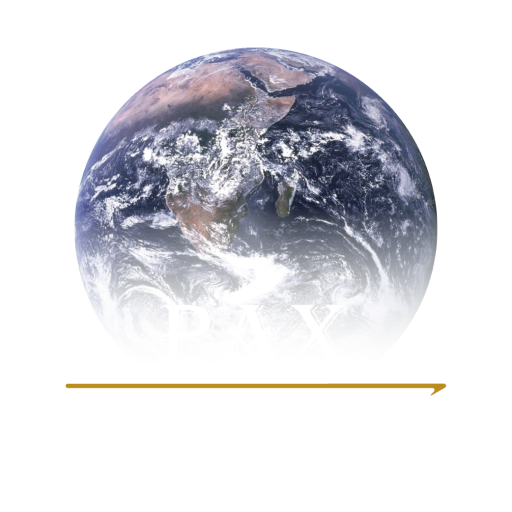New Study Produces Four Scenarios for Possible Future of U.S.-China Relations
Washington, D.C., Jan 17, 2024. As uncertainties intensify around the U.S.-China relations, a new study released by a bilateral collaborative group produced four scenarios for possible U.S.-China relations to help policy makers, experts and stakeholders navigate through a foreign policy maze with long term thinking tools.
Partnering with the Brookings Institution, the group is hosting a public event on January 19th, 2024, at 10:00 am in Washington, D.C. to present and discuss the four scenarios with experts in the foreign policy community.
The project, Four Scenarios For U.S.-China Relations and Their Impact on the Global Order to 2035, led by PAX sapiens, a Colorado-based philanthropic foundation, the Grandview Institute, a Beijing-based think tank, and Reos Partners, an international consulting group focusing on systemic change, aims to guide the relationship towards a peaceful future.
“I believe that war is always a lose-lose; it is a failure of planning, and of governance, and a wanton waste of human resources and potential,” Marcel Arsenault, Chairman and President of PAX sapiens writes in an open letter, “the deteriorating relationship between the U.S. and China raises fears that we are headed for another, preventable, terrible, illustration of this.”
Ren Libo, the President of Grandview Institution says, “It’s not an issue that we need to pay attention to divergences, but we need to put more effort into seeking common interests, set common goals and take common actions.”
In 2023, 25 former government officials, retired military officers, and experts from research institutes and think tanks from the United States and China spent the better part of a year discussing and honing ideas for possible futures for the US-China relationship. The study results in four proposed scenarios titled “Drift, War, Blocs and Networks.”
Drift, is a scenario characterized by ongoing friction in the world drifting from crisis to crisis, where the US and China avoid war by crisis diplomacy but contest on many fronts; War, depicts a series of escalating tensions during the next decade leads to a mutually devastating violent conflict between the two countries; The Blocs scenario shows the formation of competing geopolitical blocs who don’t interact positively in any way but act to oppose each other across military, economic and diplomatic domains. Finally, Networks is a scenario in which the two countries extensively decouple, but global cooperation is maintained through complex networks mediated by international institutions and third party states.
While the scenarios are the result of careful attention and deliberation, not every participant agrees with all of the details in this document, nor do these scenarios represent the views of the organizing and funding institutions.




